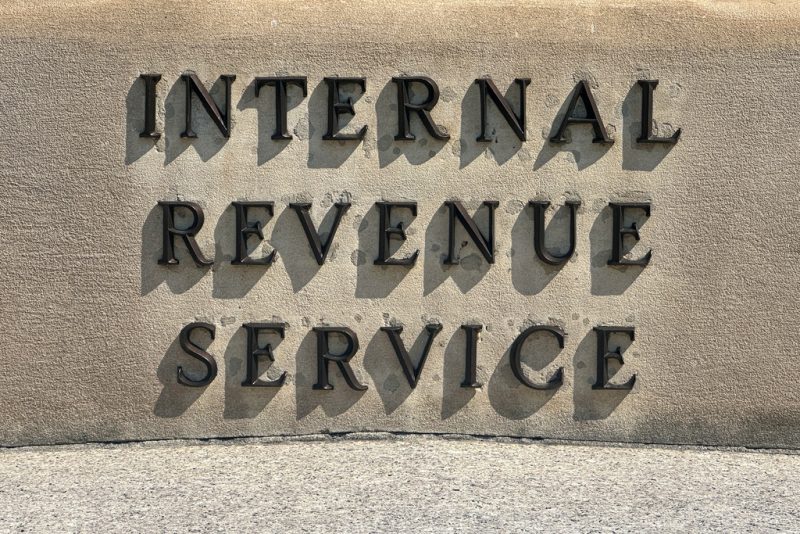FDA Approves Apple AirPods as Hearing Aids: A Game Changer

URGENT UPDATE: The FDA has just approved select Apple AirPods to be used as hearing aids, marking a significant shift in hearing accessibility. This groundbreaking move aims to address the fact that only 1 in 6 Americans with hearing impairments currently utilize hearing aids, primarily due to high costs and lack of accessibility.
In a live discussion on the Broadcast Retirement Network, audiologist Julie Norin from Towson University emphasized the importance of this development. “Anything that sparks conversation about hearing loss and improves access to treatment through technology is a step forward,” she stated.
The FDA’s approval comes as Apple prepares to roll out a software enhancement for its AirPods later this month, allowing them to function as hearing aids. This update, expected in October 2023, will involve a firmware upgrade for AirPods, enabling users to test their hearing through their iPhones.
Despite the excitement, experts like Norin caution against viewing AirPods as a complete replacement for traditional prescription hearing aids. “While this technology can increase awareness and accessibility, it does not substitute for professional evaluations and comprehensive hearing care,” she remarked.
The implications of this approval are profound. Many individuals with untreated hearing loss face serious emotional and psychological challenges, such as depression and isolation. Research from Johns Hopkins has linked untreated hearing loss to cognitive decline. The hope is that making hearing assistance more available through familiar technology will encourage more people to seek help.
However, Norin highlighted that over-the-counter devices, including the new AirPods feature, may not address all aspects of hearing health. “A device is only one part of the puzzle,” she noted. Prescription hearing aids come with professional support and thorough assessments, which can identify underlying medical issues that over-the-counter solutions might overlook.
The cost of over-the-counter solutions can still be substantial, with some options nearing $3,000 per pair, often lacking professional guidance. “Users may miss critical assessments, such as ear health checks,” Norin warned, urging individuals to consult with professionals before opting for DIY hearing solutions.
Looking ahead, the success of this FDA ruling will depend on ongoing assessments of the devices’ effectiveness compared to traditional options. While no regulatory body is officially monitoring these changes, audiologists and researchers will be tracking user outcomes closely.
Stay tuned for more updates on this developing story as the implications for hearing health and accessibility continue to unfold. Share your thoughts on how this technology could impact you or someone you know.






